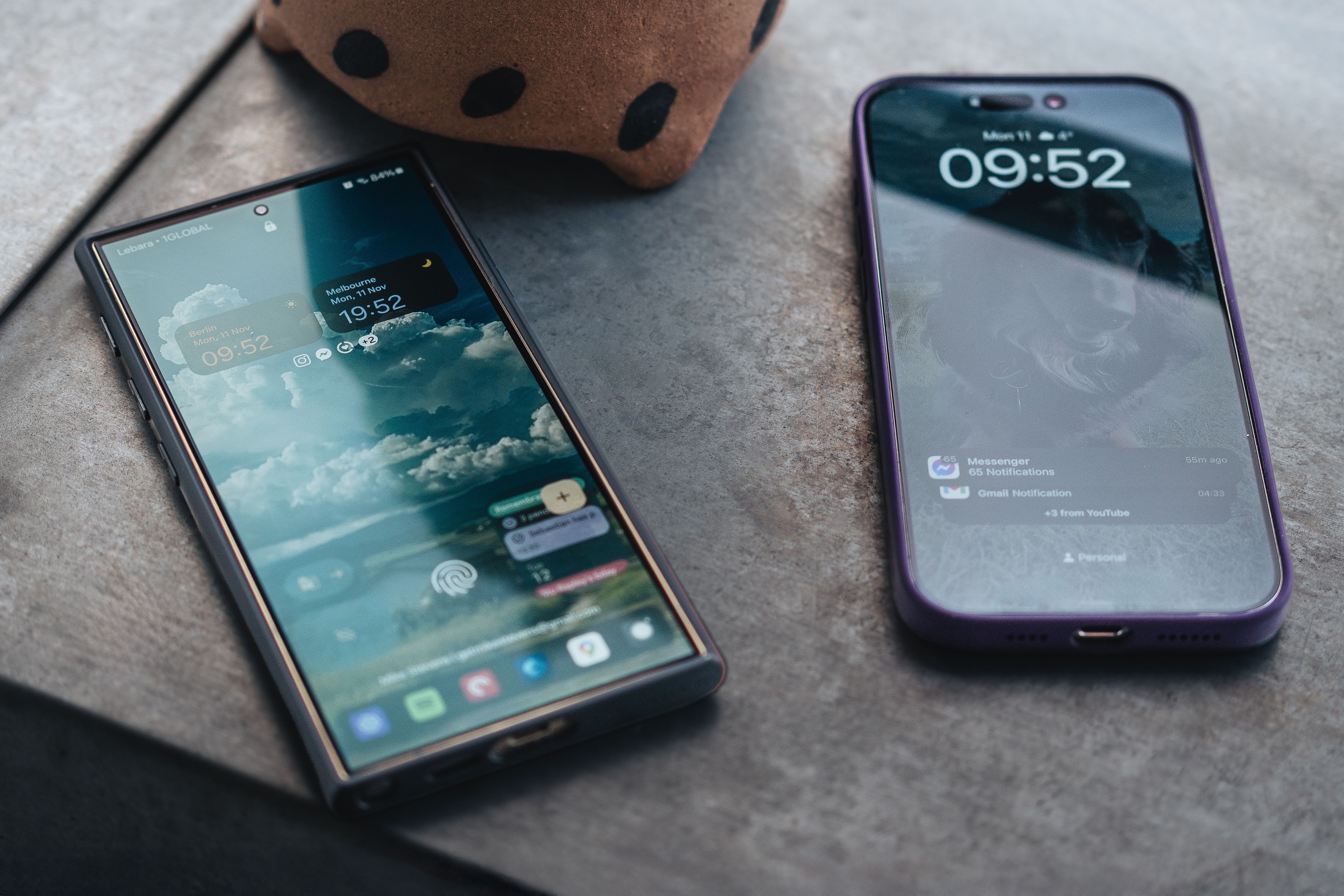Understatement of the decade? Probably. Sure.
The most oddly remarkable thing happened this year. Well, two things, really. The first is that Apple finally enabled RCS messaging, at last allowing for high-res media sharing and proper group chats between iOS and Android. The second is that iPhone users started disabling it.
That’s just the latest snub in a long history of superiority and shit-slinging on both sides of the divide, of course.

The fact is… iPhone and Android phones both suck, in their own unique snowflake ways.
My fave thing about iOS v Android and the people who say they hate one or the other is how rarely they can give you a reason that’d withstand an ounce of scrutiny.
“It wouldn’t do this”, “it didn’t have that”, “it was too buggy” — sorry, what? Most phones now do most things fine and reliably, if it’s not simply a proprietary or lock-in feature.


↑ Once you get past the ecosystem and integration/continuity reasons (which are entirely valid), most people are just too impatient to learn.
But, those who do decide to try either an iPhone or an Android phone, and then quickly switch back before they’ve given it a proper go… eesh.
It’s simply your familiarity with one OS that makes the other feel less easy to use. If you aren’t patient and open to learning the new thing, then yeah, it’s going to frustrate you.
The same goes for complexity. It’s an entire operating system, of course there’s a lot to learn! But if you insist that Pixel UI or Samsung OneUI is more complicated & confusing than iOS, let’s get on a video to compare simplicity & accessibility. I’ll do it!

As I said to my good friend Shaun, above: his experience makes sense to me, but it makes sense as a familiarity and muscle memory thing.
I’ve had a dozen iPhones and I have a 12 right now. If I said I have no issues with typing quickly and accurately on Android (with SwiftKey as my pref), and that selecting text is a breeze, where does that leave us?
Some of it is preference, absolutely, but I think we all underestimate the role of familiarity and muscle memory in how we perceive the quality and design and effectiveness of ‘new’ things.
